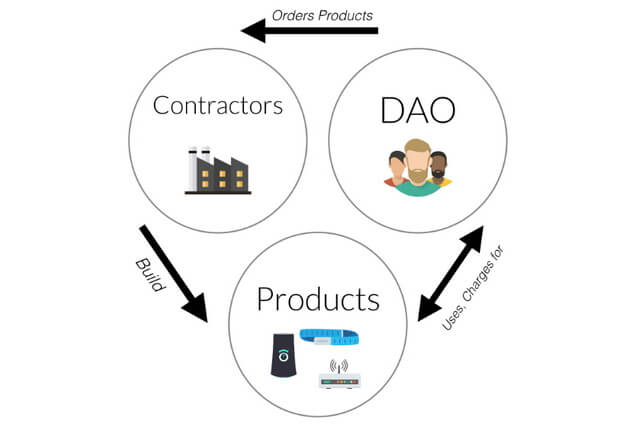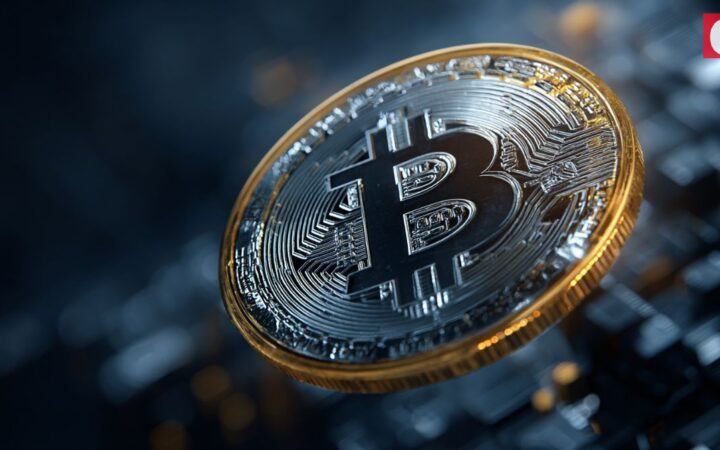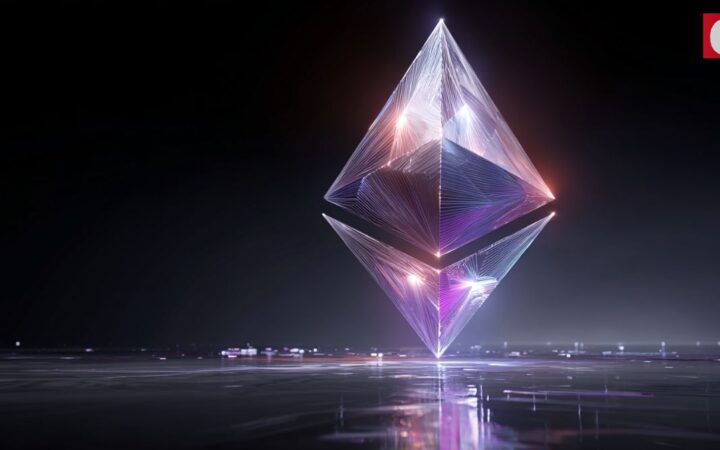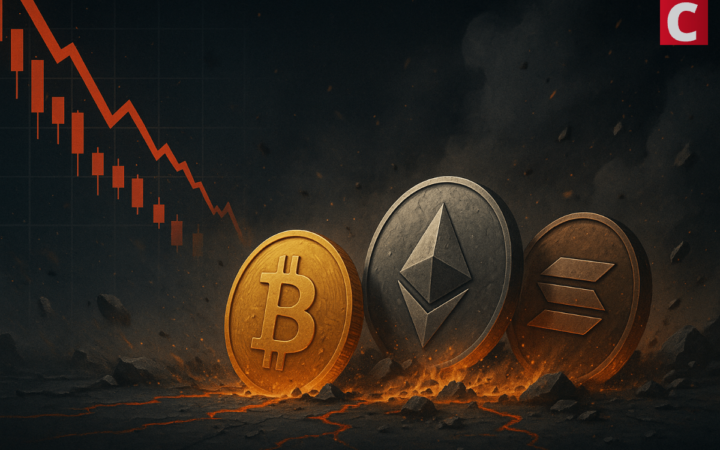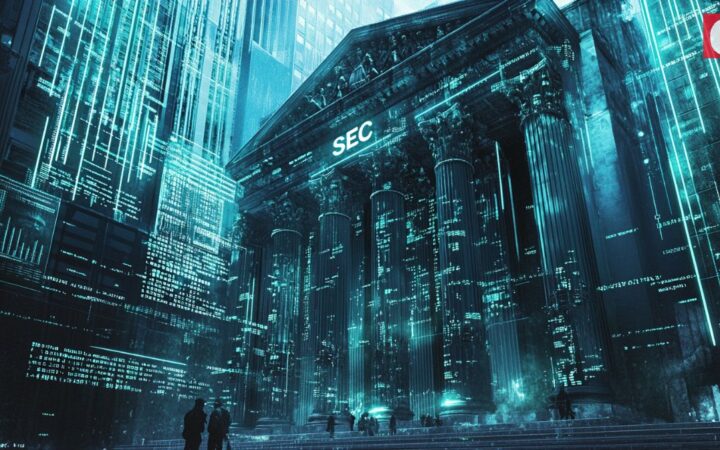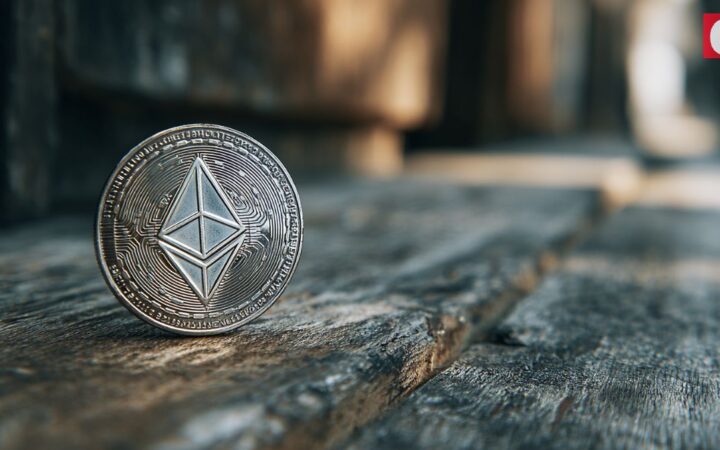Taking strong interest in blockchain, cryptocurrencies, and IoT, Tatsiana Yablonskaya got deep understanding of the emerging techs believing in their potential to drive the future.
The term DAO doesn’t sound new to Ethereum enthusiasts as it has caused multiple discussions lately. But if you see these three letters for the first time, you’d better take a note and remember that The DAO is a Decentralized Autonomous Organization. The organization is independent and self-governing with no centralized server or entity controlling its operations. Its rules are embedded into the blockchain via smart contracts.
There have been many talks around The DAO recently. But now, as the project has finally launched, it attracts increased attention.
The concept of The DAO intends to enable people all over the world to create their own autonomous organization on the Ethereum blockchain. The idea seems to be great on paper, sounds even better, but still needs many efforts to be realized. This is why The DAO was created – to provide a return on investment to The DAO and all of its members, as well as benefit the decentralized ecosystem. The DAO states in its manifesto that it will focus on voluntary participation, democracy, decentralization, non-aggression, privacy and the right to anonymity.
The DAO states to be a democratic organization and every proposal will be verified on the blockchain for the amount of votes it has received. The user of The DAO on the Ethereum blockchain can choose the amount of votes a proposal needs before it can be executed, the minimum amount of minutes that needs to pass before a proposal can be implemented, and the amount of votes needed to execute a proposal. Generally speaking, a DAO administrator can create a system where full consensus is needed for a proposal to pass, or only a 50% majority is required.
The idea of The DAO can revolutionize the world as we know it. It “blazes a new path in business organization for the betterment of its members, existing simultaneously nowhere and everywhere and operating solely with the steadfast iron will of immutable code. The goal of The DAO is to diligently use the ETH it controls to support projects that will provide a return on investment or benefit to the DAO and its members as well as those to benefit the decentralized ecosystem as a whole.”
The DAO will create new DAO tokens as soon as it receives a contribution in ETH. DAO tokens provide its owner with voting rights and proportionate control over the digital assets held by The DAO. The tokens are not just another cryptocurrency. The holders will be able to submit a Proposal requesting the ETH balance, retrieve proportional amounts of ETH not committed to a proposal, and receive rewards from The DAO even after they leave the project. There will be no third-parties, which agrees with the very decentralized nature of the concept.
The Merkle is discussing what makes the “crowdsale” of The DAO so intriguing and comes to the conclusion that it is the way how there is no set hard cap for the number of tokens to be generated. “In fact, the total supply will depend on how much ETH is invested into this project over the course of 28 days, starting today. With no pre-mine and a deflationary growth rate model, interesting things are bound to happen in the coming weeks.”
